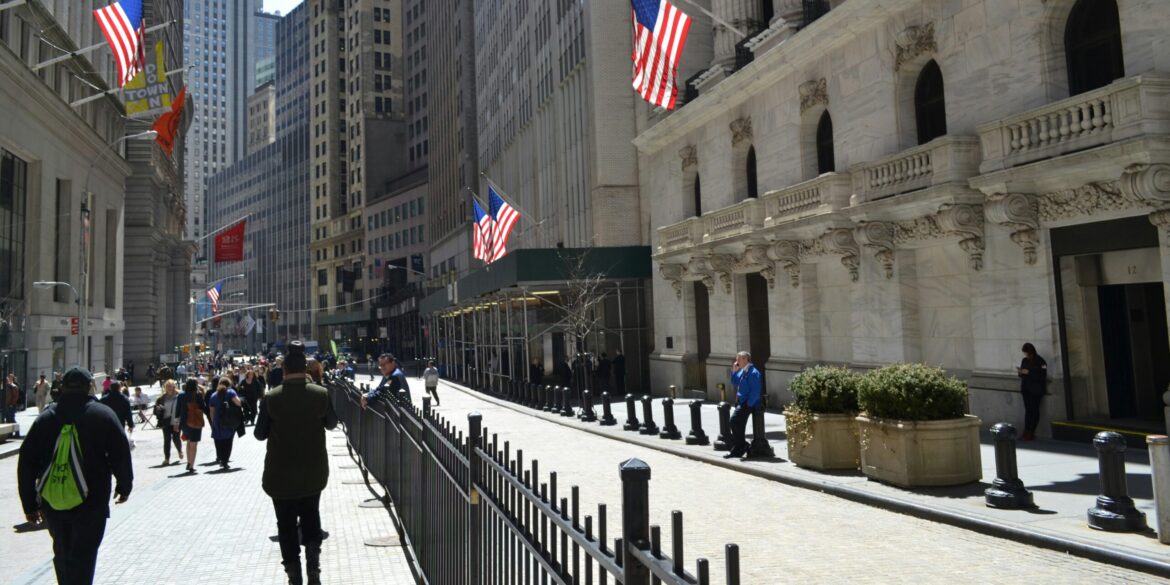Despite escalating trade tensions between the United States and China, U.S. stock markets displayed resilience on Monday, June 2, 2025. The Dow Jones Industrial Average edged up by 35 points, while the S&P 500 and Nasdaq Composite gained 0.4% and 0.7%, respectively. These modest gains came amid investor concerns over deteriorating U.S.-China relations and growing fiscal challenges at home.
Over the weekend, President Donald Trump accused China of violating a trade truce established during last month’s Geneva meeting. In response, Beijing charged the U.S. with undermining the agreement by imposing stricter export controls and announcing new visa restrictions targeting Chinese students. The Chinese government denounced these measures as discriminatory and retaliatory.
The Trump administration’s decision to “aggressively revoke” visas for Chinese students has drawn criticism from both domestic and international observers. Secretary of State Marco Rubio stated that the policy targets students connected to the Chinese Communist Party or those studying in sensitive fields. This move has unsettled many students and sparked fears over discriminatory practices. Experts argue that while there are legitimate intelligence concerns, sweeping measures could undermine U.S. values and strategic interests.
Despite these geopolitical tensions, U.S. markets managed to post gains, buoyed by strong performances in the technology sector. Shares of companies like Nvidia and Meta Platforms rose, helping to offset declines in other sectors. However, the broader economic outlook remains clouded by concerns over the nation’s fiscal health.
Treasury yields continued their upward trajectory, reflecting investor anxiety over the growing national deficit. The 10-year Treasury note yield climbed to 4.4%, its highest level since 2007. This increase in yields has led to higher borrowing costs for consumers, with average 30-year fixed mortgage rates reaching 6.89%. The surge in yields stems from concerns over the U.S. fiscal position and diminished demand for government debt. Credit rating downgrades and uncertainties around tariffs have further exacerbated market instability.
The federal budget deficit for fiscal year 2025 is projected to reach $1.9 trillion, according to the Congressional Budget Office. This figure represents 6.2% of the gross domestic product (GDP) and is driven by increased spending and tax cuts. The national debt has risen to $36.56 trillion as of March 2025, raising concerns about the long-term sustainability of the federal government’s fiscal policies.
In response to these fiscal challenges, Treasury Secretary Scott Bessent assured the public that the nation would avoid default but warned of fiscal limits without Congressional action by August. He emphasized the need for bipartisan cooperation to address the growing deficit and implement sustainable fiscal policies.
As the U.S. navigates these complex economic and geopolitical issues, investors remain cautious. The resilience of the stock market amid these challenges suggests a degree of confidence in the underlying strength of the U.S. economy. However, continued vigilance and proactive policy measures will be essential to maintain economic stability in the face of ongoing uncertainties.

